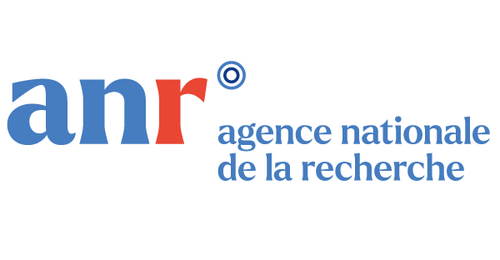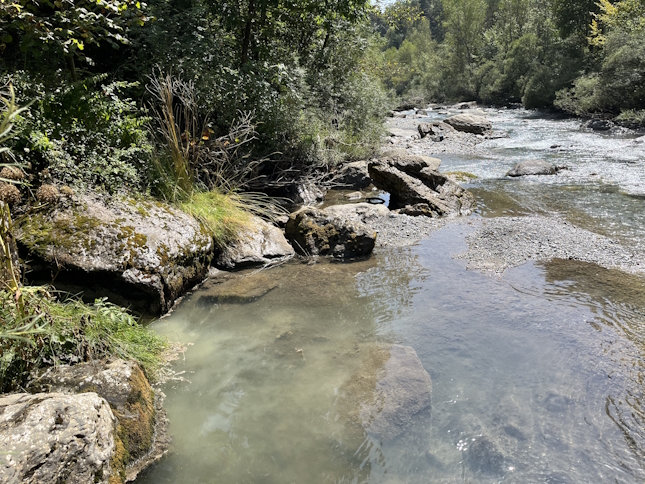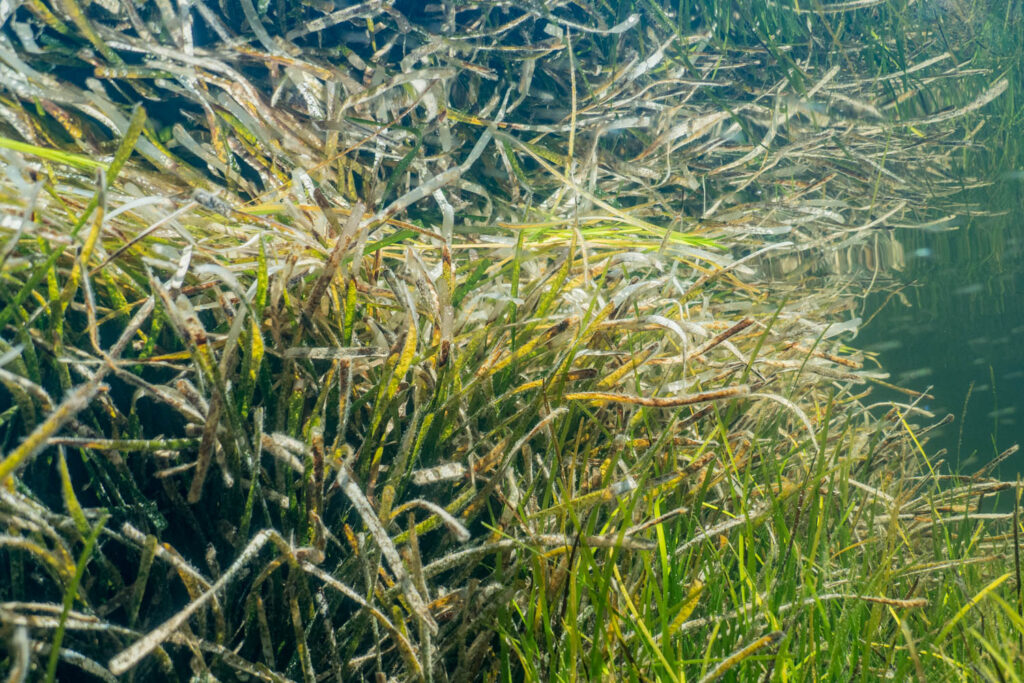Collaborative project
Threats to mountain aquatic ecosystems are multiple. Yet, besides climate change, fish stocking of naturally fishless lakes has been identified as particularly detrimental to water quality and biodiversity. Due to the magnitude of the ecological impact and to the global extent of fish introductions into mountain lakes, introduced fish are perhaps the most important threat to mountain lake biodiversity, ecosystem functioning, and water quality. This threat is particularly important as fish introductions co-occur with a number of other anthropogenic activities such as human population growth, changing economic activities, land-use change, urbanisation, pollution, loss and degradation of aquatic habitats, overexploitation, flow modifications and alien species invasions. Together and in interaction with climate change, these factors accelerate and exacerbate the environmental and ecological degradation of mountain aquatic ecosystems and the loss of unique species and life forms. Yet, despite strong concerns over the long-term health and functioning of aquatic ecosystems, experimental and restoration studies that link fish stocking to pollution, aquatic disease ecology, and ecosystem health, are still scarce.
FishME will use a multi- and transdisciplinary approach, analysing the biological impact of fish, the synergistic effect of fish and pollution and the recovery potential of mountain lakes from fish stocking. These findings will be synthesised in a socio-ecological context in the FishME Management Toolbox, linking up our work to evidence-based conservation and the work of GEO Mountains. The toolbox will hence be an important information source on removal methods, impact analysis, restoration approaches and recovery processes in mountain lakes, for national and regional park managers, policy makers, conservationists and other mountain stakeholders. These different groups will be involved in the project all along the project, with smaller, informal meetings between local partners and authorities, and larger workshops to address more specific questions.
FishME will deliver the knowledge base to understand trade-offs between the economic and societal benefits of fish introductions and the impact of fish stocking on mountain aquatic ecosystems. The inter- and transdisciplinary research proposed in FishME also aims to co-design and deliver the knowledge necessary to guide governance and management strategies towards the conservation, restoration, and long-term safeguard of mountain water ecosystems and their unique biodiversity. With a focus on restoration of mountain lakes, FishME addresses this gap and provides policymakers, authorities, institutions, and practitioners the information needed to support investment in appropriate policy and management measures that can help revert ongoing losses of mountain freshwater species and habitats and degradation of ecosystem and wildlife health.
The innovative research of FishME will be to evaluate the recovery potential of mountains lakes from fish introductions. With the FishME Management Toolbox, we will enable science to predict future impacts on the ecosystem health of mountain lakes and the resulting socio-economic risks for society. FishME is responding to Aichi Biodiversity Targets 14 (ecosystems and essential services safeguarded) and UN sustainable development goals 14-15 (Life below water, Life on land), 13 (Climate action), 6 (Clean water), and 12 (Responsible consumption & production). These policies are of high importance in a mountain context and is in accordance with the EU nature restoration plan within the EU Biodiversity Strategy for 2030 and the Water Framework Directive (2000/60/EC). Supporting FishME creates the unique opportunity to establish and subsequently strengthen the link of functional ecology, socio-ecology, microbial ecology, limnology and systems biology, a highly relevant and innovative step in modern biodiversity research, restoration and conservation.
The studies will be done at lakes in Romania, Italy, Austria, France and Spain.
- Agence Nationale de la Recherche (ANR), France
- Austrian Science Fund (FWF), Austria
- Executive Agency for Higher Education, Research, Development and Innovation Funding (UEFISCDI), Romania
- Agencia Estatal de Investigación (AEI), Spain












